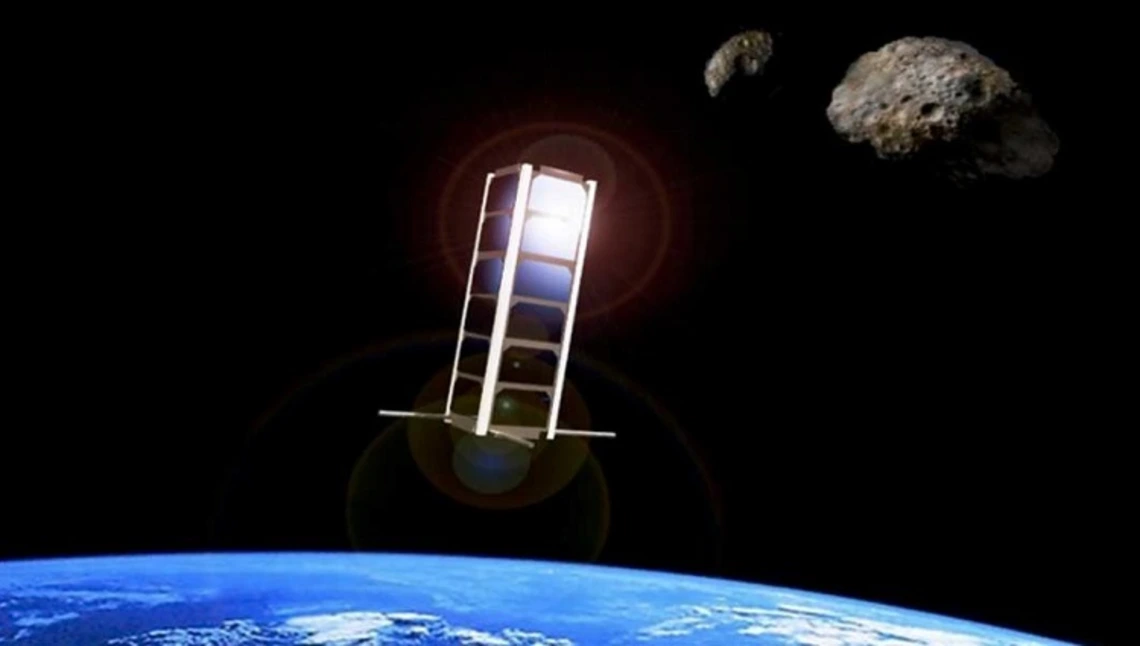Greg Ogden Co-Investigator In NASA CubeSat Project

University of Arizona researchers are using a three-year, $3 million NASA grant to research the low-gravity surface environments of asteroids, and to provide students from underrepresented backgrounds the opportunity to design, build and operate CubeSats, or miniature satellites. Among the researchers is co-investigator Greg Ogden, an associate professor of Chemical and Environmental Engineering.
The project was selected through NASA's Minority University Research and Education Project Institutional Research Opportunity, or MIRO, program. UArizona, which was designated a Hispanic-Serving Institution in 2018, is one of eight institutions to receive a share of the more than $8.2 million in cooperative agreements awarded through the MIRO program.
The project will recreate the surface environments of asteroids by launching asteroid origins satellites, or AOSATs – small CubeSat laboratories containing material that came to Earth in the form of meteorites – into low Earth orbit. Rotating at about the speed of the second hand on a clock, each AOSAT will generate a centrifugal force equivalent to an asteroid's extremely low surface gravity.
As it is cheaper and easier to operate a laboratory-spacecraft in low Earth orbit, rather than spending hundreds of millions of dollars going all the way to an asteroid, AOSATs will offer repeated opportunities for science and act as a testing ground for asteroid-bound hardware.
Students from UArizona, Pima Community College and the University of Puerto Rico will have the opportunity to build three AOSATs, each about the size of a loaf of bread. Then, they will operate them in low Earth orbit, conducting basic research on their simulated "patch of asteroid." Research areas will include how to extract water for conversion into rocket fuel, testing robotic devices capable of digging and planting sensors on an asteroid, and sending bursts of gas and firing small projectiles into a low-gravity asteroid surface.
